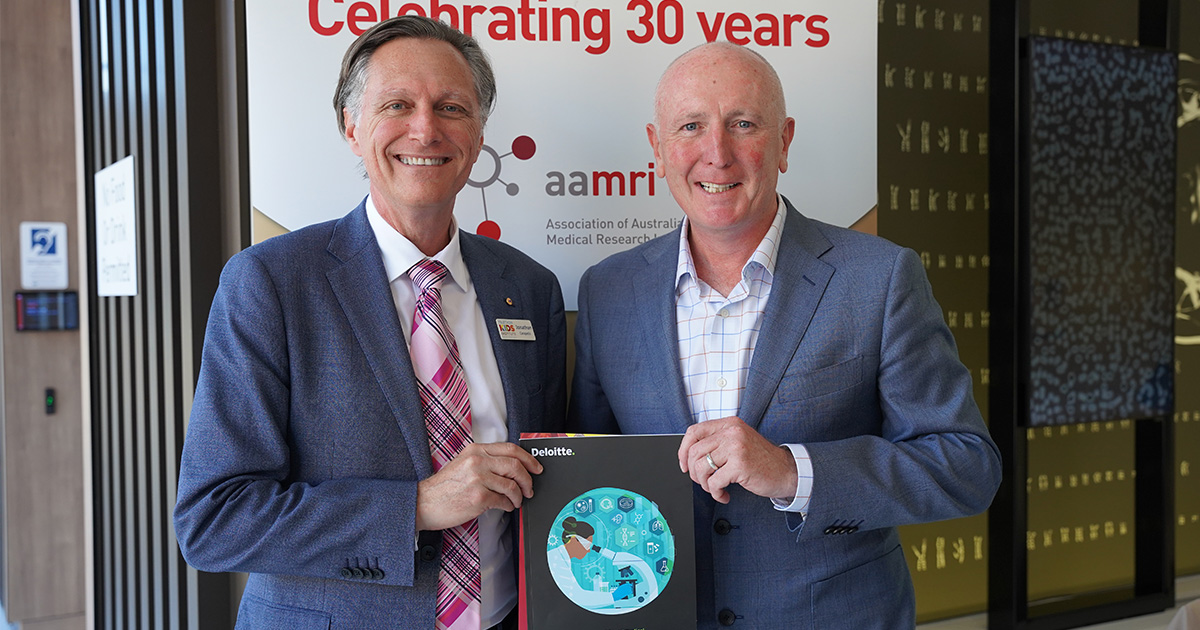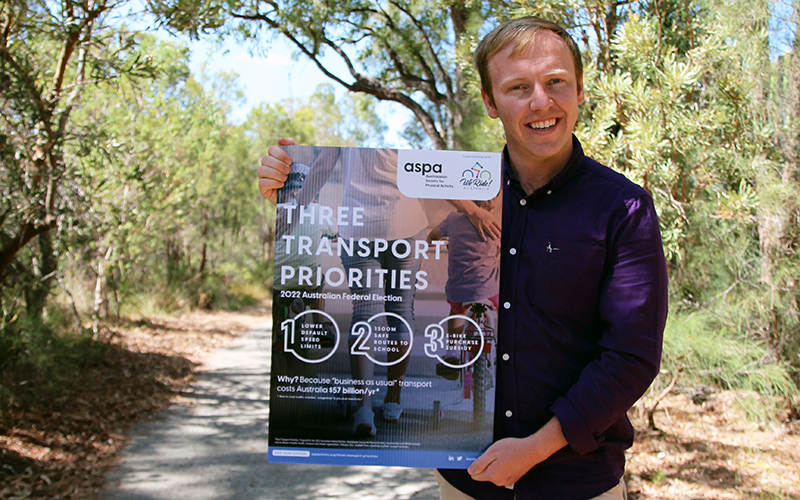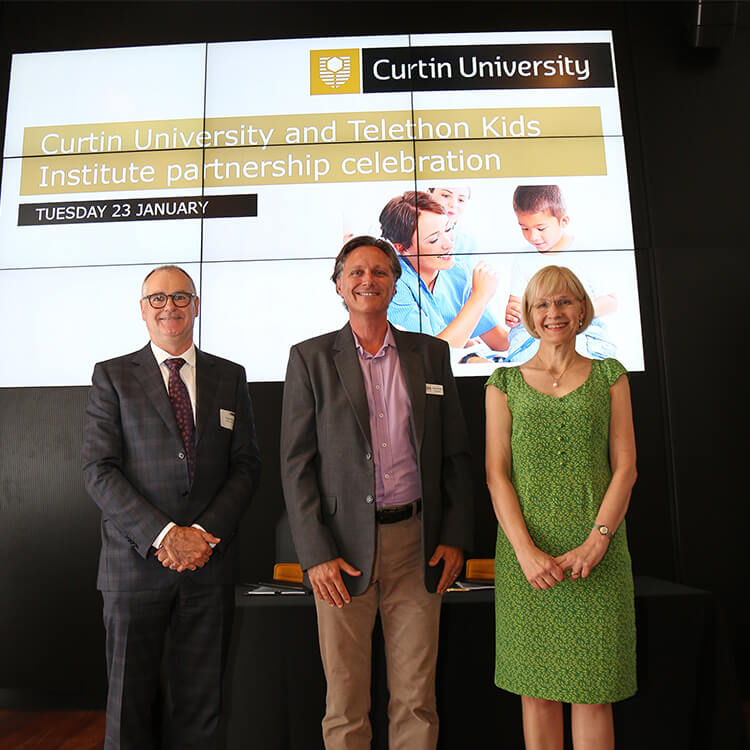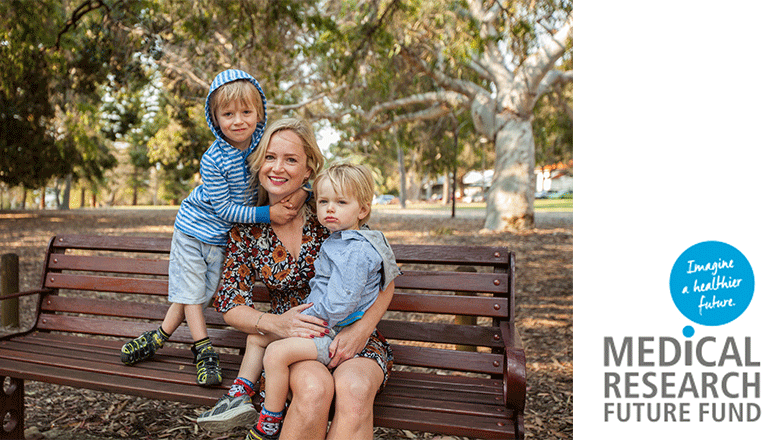Search

News & Events
Report confirms the economic value of medical research in WAThe Kids Research Institute Australia has welcomed a landmark report which reveals every dollar invested in WA’s medical research sector is more than doubled when it comes to return on investment to our economy.

News & Events
Federal politicians urged to adopt transport priorities that keep kids happy, healthy and safeThe Kids Research Institute Australia has backed a series of transport priorities to keep children safer on the roads, boost physical activity levels, and save the economy billions of dollars.

News & Events
New era for child health research with The Kids Research Institute Australia and Curtin partnership signedThe Kids Research Institute Australia and Curtin University will work together as part of a new agreement focused on enhancing children’s health and medical research in WA.
Research
Neurocognitive and self-reported psychosocial and behavioral functioning in siblings of individuals with neurodevelopmental conditions: a study using remote self-administered testingThis study compared and explored the neurocognitive profiles of siblings of persons with and without neurodevelopmental conditions (NDCs) and associations between objective test performance and self-reported psychosocial functioning.
Research
COVID-19 monitoring with sparse sampling of sewered and non-sewered wastewater in urban and rural communitiesEquitable SARS-CoV-2 surveillance in low-resource communities lacking centralized sewers is critical as wastewater-based epidemiology (WBE) progresses. However, large-scale studies on SARS-CoV-2 detection in wastewater from low-and middle-income countries is limited because of economic and technical reasons.
Research
Evaluating the scale-up of the Play Active programme for children’s physical activity in early childhood education and care services: a national type III hybrid effectiveness-implementationPhysical activity is crucial for young children's health and development. Many young children do not meet the recommended 3 hours of daily physical activity, including 60 min of energetic play. Early childhood education and care (ECEC/childcare) is a key setting to intervene to improve children's physical activity. The Play Active programme is a scalable evidence-informed ECEC-specific physical activity policy intervention with implementation support strategies to improve educators' physical activity-related practices.
Research
Children's Anxiety in the Perioperative Environment: A Qualitative Exploration With Children, Parents and Staff at a Tertiary Paediatric HospitalPerioperative anxiety is a common and distressing aspect of anaesthesia for many children, resulting in management challenges at the time of anaesthesia and potential physical and psychological adverse outcomes. We conducted this qualitative phenomenological study to explore the perspectives of children, parents and staff on perioperative anxiety in our institution. Planned recruitment was 20 each of children who had undergone elective anaesthesia, their parents and staff.
Research
Assessing the Impact of Pneumococcal Conjugate Vaccine Immunization Schedule Change From 3+0 to 2+1 in Australian Children: A Retrospective Observational StudyIn mid-2018, the Australian childhood 13-valent pneumococcal conjugate vaccine schedule changed from 3+0 to 2+1, moving the third dose to 12 months of age, to address increasing breakthrough cases of invasive pneumococcal disease (IPD), predominantly in children aged >12 months. This study assessed the impact of this change using national IPD surveillance data.

News & Events
The Kids welcomes renewed commitment to Medical Research Future FundThe Kids Research Institute Australia has welcomed the Federal Government's commitment to legislate the Medical Research Future Fund
News & Events
Child and Family Centres providing important support for parentsTasmania's Child and Family Centres are having a positive impact on parent's use and experiences of services and supports for young children
